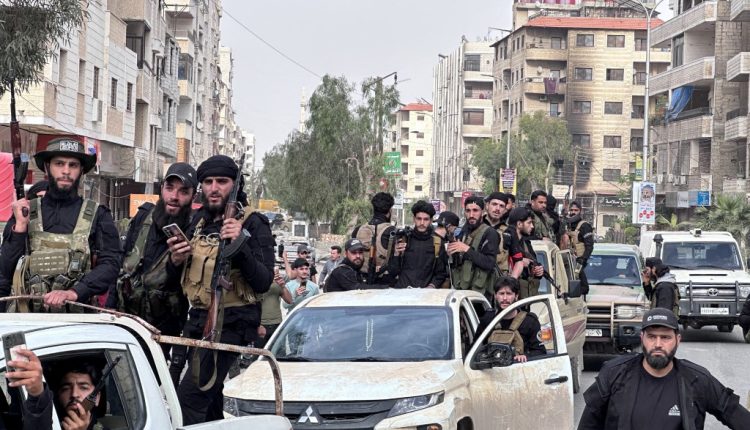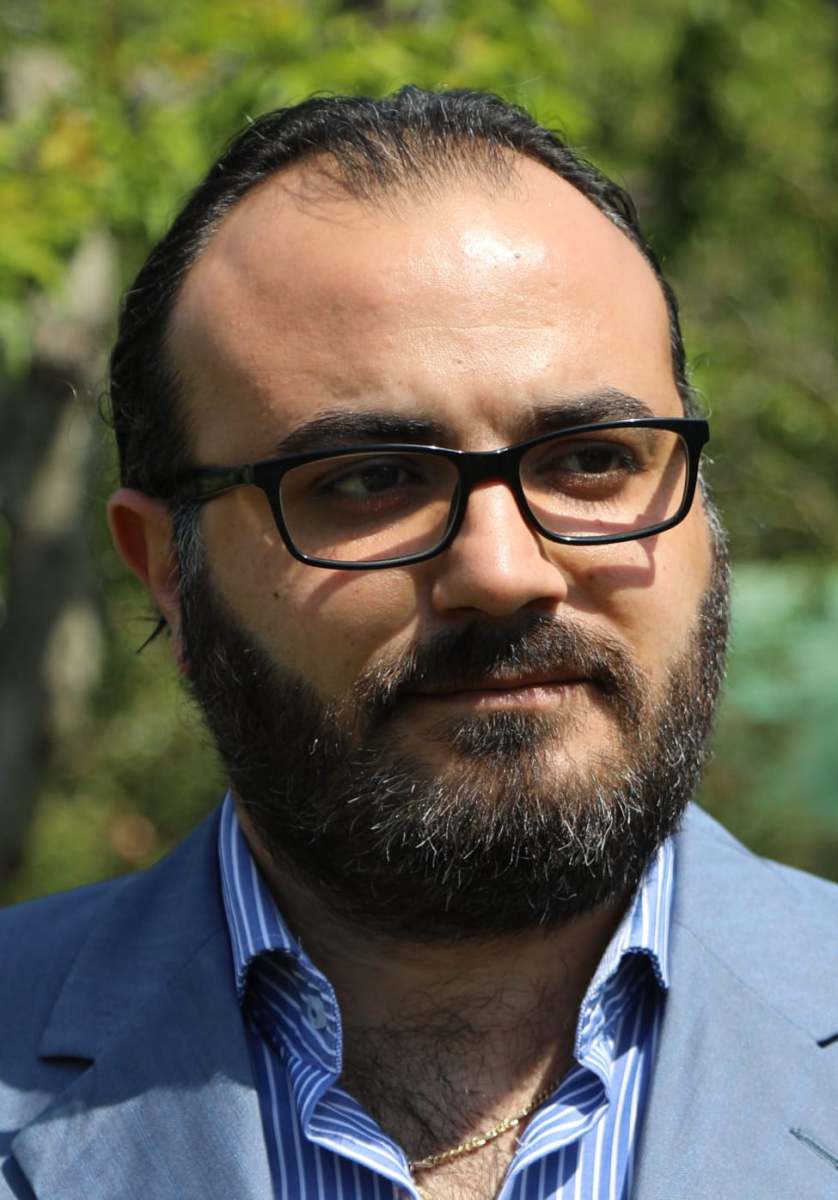A State or a Factional Authority in Syria?
By Tariq Aziza
Supporters of the transitional authority in Syria tend to talk about it in terms of “the state did,” “the state promised,” and “the state acted,” much like supporters of the former regime previously equated power with the state, as if they were one and the same. However, the facts confirm that factionalism prevails and that the state remains absent to this day.
The issue is not only about “security incidents,” which can occur even in stable and developed countries, but also about the ambiguity surrounding decision-making mechanisms, the boundaries of authority, and the relationships between different institutions. What happened last month in Aleppo, between the head of a police station and a judge on duty, exemplifies the absence of the state. An argument between them escalated to the point where the police officer beat the judge, arrested him, tortured him, and then released him. The Ministry of Justice issued an official statement saying that the Minister of Justice “personally communicated with the Minister of Interior, who strongly condemned the incident and instructed that necessary legal measures be taken promptly.” The police officer was arrested.
Despite this, he was released hours later under tribal pressure. He was then taken out on shoulders amid shouts of Takbir and victory, and he posted a video in which he said that the judge had forgiven him and that the matter was over. If the injured judge can waive his personal right, what about the public rights, the rule of law, and the independence and immunity of the judiciary? Where is the “state” in all of this?
Assad’s security apparatus subordinated state institutions to serve the regime, not the people, at the expense of the public interest. The state, in essence, was eroded over time; the regime’s security apparatus expanded its influence, controlled its structures, and gradually the pillars of the regime weakened after the revolution. Its role and presence receded in favor of militias and allies, leading to the collapse of what remained of the state once Assad fled.
Hay’at Tahrir al-Sham (HTS) quickly moved to fill the vacuum, imposing its authority as the group that led the last battles against the regime and possessed its own security, administrative, and economic tools, with the support of leaders from some allied factions. However, it did so with the mentality of a dominant faction, backed by regional and international actors who saw it and its leader as a suitable transitional option.
The new authority has not extended its control over the entire Syrian territory. There are still areas under militia influence. Consequently, like other countries emerging from prolonged conflicts, Syria faces the challenge of armed factions that emerged during the war, forming parallel structures that controlled geographical areas, local communities, and economic resources, and challenged the authority and functions of the state. The fragility of the state and the erosion of its legitimacy—especially after the atrocities committed by regime forces—along with increased foreign interventions and occupations, have facilitated the flourishing of factionalism.
The factional situation persisted after the fall of the regime. Efforts by the Transitional Authority to integrate factions into the Ministry of Defense and the new security agencies failed to curb the chaos of weapons and address the fragility of the security situation. Outside their official frameworks and in areas under their control, there are ‘undisciplined’ armed groups—some Syrian and others multinational—that will eventually become part of the army. Despite supporting the authority and rallying around the ‘general mobilization,’ their members do not respect the sovereignty of the ‘new state’ or its security forces; they brutalize Syrian civilians outside the law.
This situation is incompatible with the concept of a state at all, but a factional authority can coexist with it within the calculations of interests and power balances or due to ideological consensus.
Under factional rule, state institutions become merely a façade, and real decision-making is concentrated in circles close to the leader of the dominant faction. Consequently, the efficiency and transparency of governance and administration decline, and the foundations of the state are undermined as factions—especially extremist ones—become more deeply entrenched.
‘Ordinary’ factions might engage in deals, compromises, lay down their weapons, submit to central authority and hierarchy, and adhere to official policies. However, this is much more difficult for their extremist counterparts, who are bound by rigid ideologies. These groups tend to be more violent, hostile, difficult to contain, and polarizing, particularly when they blend religious motives with political goals.
Therefore, integrating such extremist groups into state institutions is unlikely to be effective, as they primarily see the state as a tool to legitimize their sacred violence and impose the militant vision they desire.
As the references of factional power overlap between the group and the official institutions—in security, judiciary, and administrative bureaucracy—the state becomes a hybrid, distorted entity that falls short of the minimum standards of modern governance. This is especially true since those in positions of authority assumed their roles based on the leadership’s trust in their loyalty rather than their expertise or qualifications.
This situation will inevitably be reflected in the economy. The factional approach weakens the investment and development climate, allowing corruption and extortion to proliferate, thereby diminishing the prospects for economic recovery and reconstruction.
The Transitional Authority in Syria has been highly focused on gaining international recognition and has achieved significant success in this regard. However, international acceptance, opportunities, time, and support may gradually decline as the chronic absence of a functioning state persists. Achieving security, stability, development, and restoring the state—its legal structures and operational mechanisms—is a complex process that requires the authority to move away from its factional approach, both in its internal organization and in handling the accumulated issues.
Without such a shift, Syria will remain mired in failure, with chaos overwhelming the state project.
The critical question remains: Do armed religious factions possess the capacity to steer a war-weary country out of collapse, chaos, and fragmentation, moving towards recovery, stability, and sovereignty?




Comments are closed.